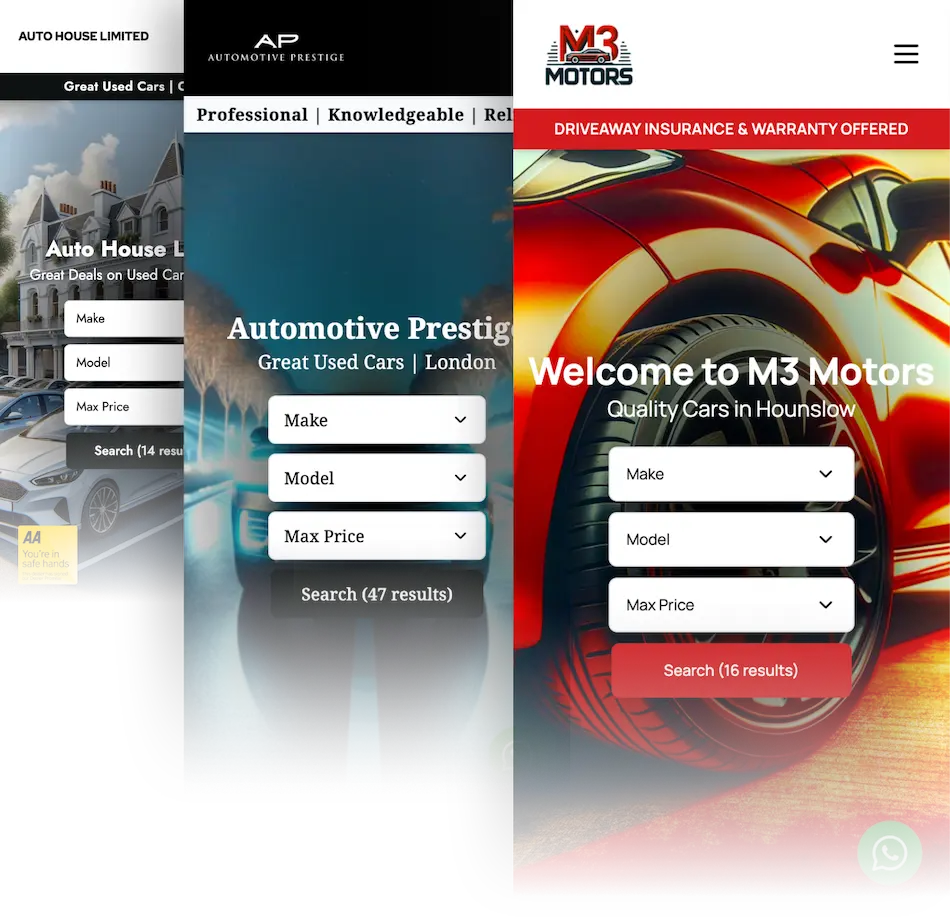Techniques for Improving After-Sales Service in Car Dealerships
Last updated: 22nd February, 2024
Improving after-sales service is a crucial aspect of any car dealership's strategy to retain customers and build long-term relationships. DealerPal understands the significance of this factor, which is why we'll explore techniques for enhancing after-sales support in this blog post.
Understanding Customer Needs
The first step towards improving after-sales service is understanding customer needs. It's essential to gather feedback through surveys, reviews, and social media platforms. This will help you identify areas where customers require assistance or guidance. By addressing these concerns, you'll demonstrate your commitment to providing top-notch service and foster loyalty.
Streamlining Communication Channels
Effective communication is vital for smooth after-sales service delivery. Ensure that your team has a robust system in place for tracking customer inquiries and issues. This can be achieved by implementing a centralized database or a dedicated software solution. Additionally, make sure that your team is accessible via multiple channels, such as phone, email, or in-person interactions.
Empowering Service Advisors
Service advisors play a critical role in after-sales service. Train them to be knowledgeable about the vehicles and services offered by DealerPal, so they can provide personalized support. This training should include information on troubleshooting common issues, recommending maintenance schedules, and highlighting any warranty claims. By empowering your team with the necessary skills and knowledge, you'll increase customer satisfaction and reduce the likelihood of complaints.
Providing Proactive Support
Anticipate customers' needs by providing proactive support. Offer scheduled maintenance appointments or routine check-ups to prevent issues from arising. This not only ensures a higher level of customer satisfaction but also reduces the risk of costly repairs down the line. At DealerPal, we understand that anticipating and addressing concerns before they escalate is crucial for building strong relationships with customers.
Save 10+ hours per week with our DMS

Sell more with our SEO-mastered retail websites

Branding that'll set you apart from the competition








